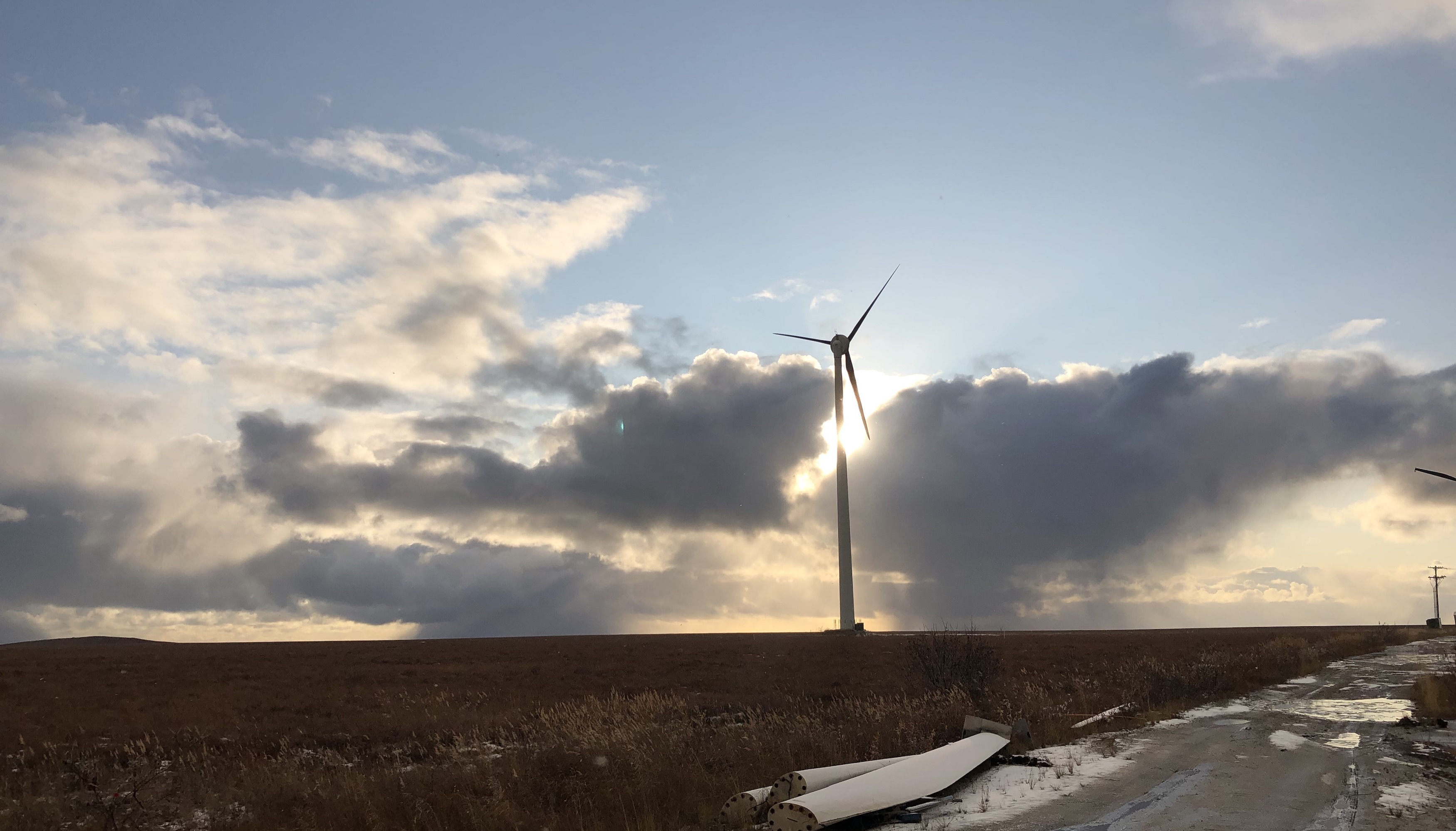New wind analysis finds economic benefits in small communities

A 900 kW EWT wind turbine in Kotzebue.
September 4, 2024
A new analysis by ACEP, Alaska Native Tribal Health Consortium and Analysis North finds economic benefits to adding a large wind turbine in small communities when paired with strategies to make efficient use of any excess energy.
The team investigated the potential to offset the extra costs of integrating a larger than normal turbine by electrifying various systems in the community. These new electric loads were assumed to be able to use wind energy produced by the turbine that would otherwise have been unused in the absence of new loads or a very large amount of storage.
Using available data for a representative Alaska community in Western Alaska and techno-economic energy modeling, the team found that the cost-savings of electrifying some heating and vehicles in the community and managing those loads offset a large portion of the costs of the 1 MW turbine and a small battery energy storage system.
Together with available tax credits from the 2022 Inflation Reduction Act and the clean vehicle tax credit and accounting for the avoided costs of bulk fuel storage, the net present value of the project was found to be positive with a benefit to cost ratio of nearly 1.4, even in the absence of grant funding.
Further work is required to investigate the grid stability of the system and to identify technologies that allow for the control of heating and vehicle electrification loads to prioritize the use of otherwise-unused wind energy.
Read the study “Wind Economic Analysis Project: An Alaska Case Study for Integration of High-Penetration Wind Energy in a Western Alaska Community.” The study is funded by the Office of Naval Research’s Alaska Regional Collaboration for Technology Innovation and Commercialization program.


